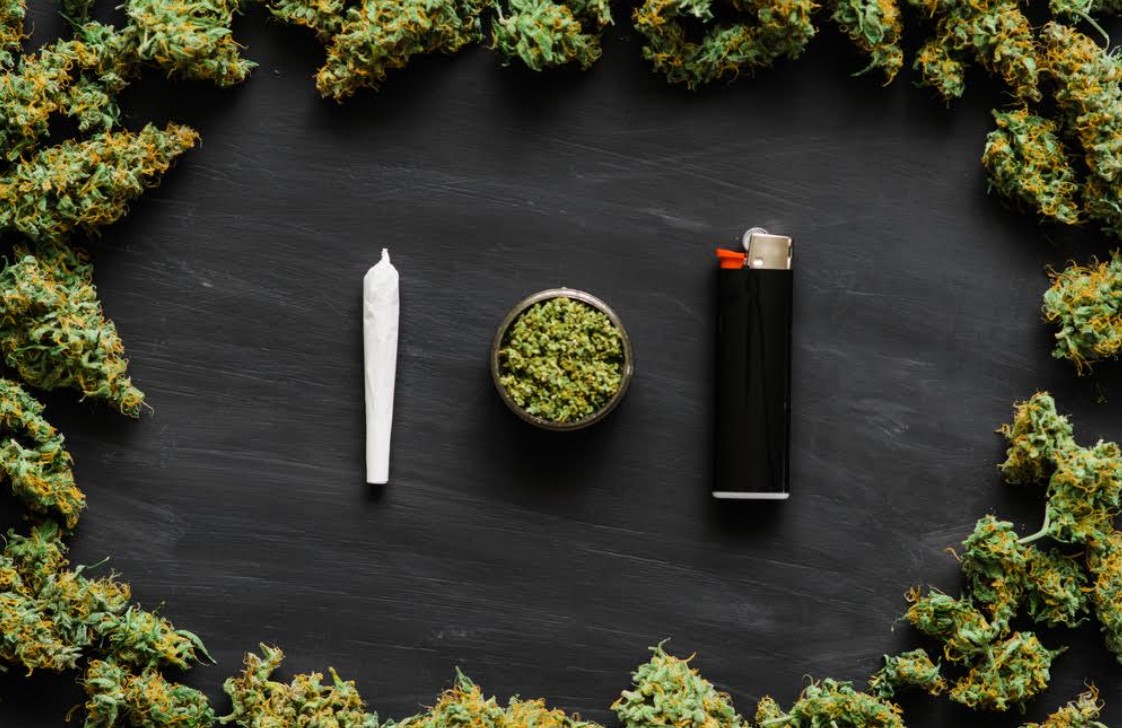
Imagine being a chronic pain patient unable to find much relief from traditional therapies. Your doctor continually recommends prescription narcotics, but you resist. You know the scoop. Then a friend suggests you try medical cannabis. Although it seems to work miracles for you, it doesn’t take long before you realize you have entered what amounts to a parallel medical landscape completely detached from traditional medicine.
This parallel landscape treats cannabis different from any other medication. It is technically not a prescription medication by the letter of the law. But it’s also not as dangerous or addicting as those narcotic painkillers your doctor keeps trying to push on you. And then of course, there is the question of legality. What is legal at the state level is not necessarily legal under federal law.
A Product of Conflicting Laws
Conflicts between federal and state laws are largely responsible for creating the parallel environment in which medical cannabis exists. Remember that cannabis is still a Class I controlled substance at the federal level. Put more simply, it is an illicit drug. It’s still illegal. By federal statute, possessing cannabis in any form and for any reason is a crime.
You might be wondering how states get away with legalizing cannabis given what federal law says. Therein lies one of the greatest misunderstandings about state-legal cannabis. It is not really legal. Rather, it has been decriminalized. There is an enormous difference.
Legalizing cannabis would automatically remove any presumption of a crime for possessing it. There would be no penalties for having it on your person. You could never be arrested or charged because the law says you can have it.
Decriminalization doesn’t eliminate the laws against possession. It simply removes the ability of law enforcement to arrest and charge people for possession. It eliminates the ability of local courts to prosecute marijuana crimes. Decriminalization is more or less turning a blind eyed. That is what’s going on here.
So Many Ramifications
Conflicting federal and state laws are more than just an inconvenience. They have ramifications that are felt throughout the entire medical cannabis community. Here is just a small sampling of those ramifications:
1. Purchasing Medical Cannabis
States with legal medical cannabis insist that products be purchased at licensed dispensaries. For example, there are fifteen cannabis dispensaries in Utah. Pure Utah, in Payson, is one of them. They say all cannabis consumed in the state must come from one of these dispensaries. Patients are not allowed to bring cannabis into the state from elsewhere.
2. Paying for Cannabis
When patients visit their favorite dispensaries in Utah, they must pay for their medicines completely out of pocket. Their health insurance will not cover it. Their prescription plans are a no-go. It is the same story in every other state, by the way. Health plans will not cover medical cannabis until Washington makes the drug legal.
3. Recommending Medical Cannabis
Perhaps the most bizarre aspect of this parallel world is that doctors, physician assistants, and nurse practitioners do not write cannabis prescriptions. Utah dispensaries do not fill prescriptions. Rather, medical professionals recommend cannabis, then leave it to patients and dispensary pharmacists to figure out product, delivery method, and dosage. Can you imagine any standard prescription drug being handled that way?
Medical cannabis has created a parallel medical landscape that looks nothing like traditional medicine. It can seem rather bizarre to observe. But that’s the way it is. Until someone comes up with a way to harmonize state and federal laws, this alternative parallel landscape will continue to exist. There is no reasonable or practical means around it.


